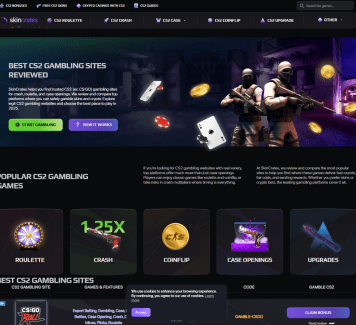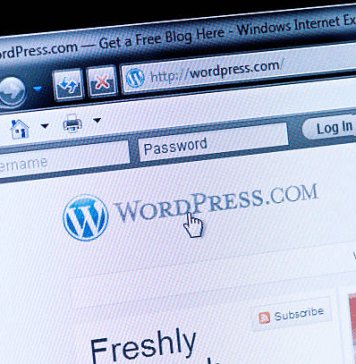
We’ve all heard passing references to the dark web, but what exactly is this nebulous digital realm, and how does it affect us here in the real world? Should you be concerned about your security as an individual or an organization as it relates to the dark web? Or is this an overblown and generally misunderstood potential threat?
The Importance of Cybersecurity
Whether you’re taking precautions as an individual or on behalf of an organization, it’s hard to overstate the importance of cybersecurity. Losing a password, falling for a scam, or being the victim of an attack can jeopardize your financial accounts, compromise your sensitive data, and even harm your personal identity.
Working with professional IT consultants can help you appropriately assess risks, build robust defenses, and ultimately thwart the majority of threats – including those on the dark web.
What Is the Dark Web?
The dark web is a portion of the World Wide Web that can only be accessed by using a special type of browser. These web pages are designed and managed in a way to provide heightened anonymity and security to both the owners of the webpages and their users of them.
As you might imagine, this makes the dark web particularly attractive to people interested in unsavory or criminal activities since, when used properly, dark web activities are untraceable. People have been known to use the dark web to buy drugs, obtain illicit materials, and exchange sensitive pieces of information like credit card numbers.
Note that this is different than the deep web. While very similar in name, the deep web simply refers to web pages that are not indexed by major search engines like Google. Many people are confused about this difference and use the terms deep web and dark web interchangeably.
There are some nefarious activities to find in deep web pages, and dark web pages are also not indexed by major search engines, but it’s important to treat these as separate concepts.
Misconceptions About the Dark Web
Unfortunately, there are many misconceptions about the dark web.
Let’s take a look.
- Only hackers and criminals use the dark web. Is the dark web a “wretched hive of scum and villainy” like Mos Eisley Cantina? It’s tempting to think that the dark web is only used for malicious purposes and that it’s populated by evil and criminal people. But realistically, the dark web is home to many different types of people, only some of whom are criminals. Some people just want more anonymity when browsing. Some people are performing investigative activities. And even criminals often have relatively good intentions, as evidenced by the fact that drug dealers on the dark web are just as likely to seek good reviews as Amazon resellers.
- The dark web is even bigger than the surface web. This misconception probably stems from confusion between the dark web and deep web. It’s true that the deep web is bigger than the surface web, but the dark web is arguably much smaller.
- It’s illegal to access the dark web. The dark web remains a somewhat mysterious and elusive concept to many people, in part because people are afraid of going to the dark web. But there’s nothing illegal about visiting web pages, even if they exist on the dark web. After reading a simple tutorial and downloading a new browser, you can access and use the dark web like anyone else. This activity only becomes illegal when you take criminal action, such as buying illegal items.
- Criminals can use the dark web to attack you. Can criminals use the dark web to attack you directly, the way a physical attacker might use a weapon? Not really. The biggest security threat related to the dark web is people selling your personal information on it. Some criminals are motivated to sell passwords, credit card numbers, and other forms of personal information using this platform.
- The dark web is completely anonymous. It’s not quite accurate to say the dark web is completely anonymous. There are strategies that can provide you with greater anonymity and protection when using the dark web, but most people using the dark web are imperfect – and their identities can be tracked by forensic experts.
- Once your information is on the dark web, it’s over. So what happens if your personal information makes it onto the dark web? Are you going to find your bank accounts emptied and be forced to start a new life? The simple answer is no. While it’s not a good thing for your personal information to be on the dark web, it’s also not a death sentence, and there are strategies that can help you mitigate the damage.
Is the Dark Web a Security Risk?
What’s the bottom line? Is the dark web truly a security risk?
Yes and no. Because the dark web offers anonymity and security beyond what’s provided by a basic web browser, certain types of criminals are incentivized to use it for nefarious purposes. A person already motivated to attack you, steal your information, or otherwise threaten your security may use the dark web to gain an advantage or protect themselves. But there’s nothing inherently destructive or threatening about the dark web itself. Monitoring the dark web for your personal information can help protect you, but there are usually more important security threats to consider.













